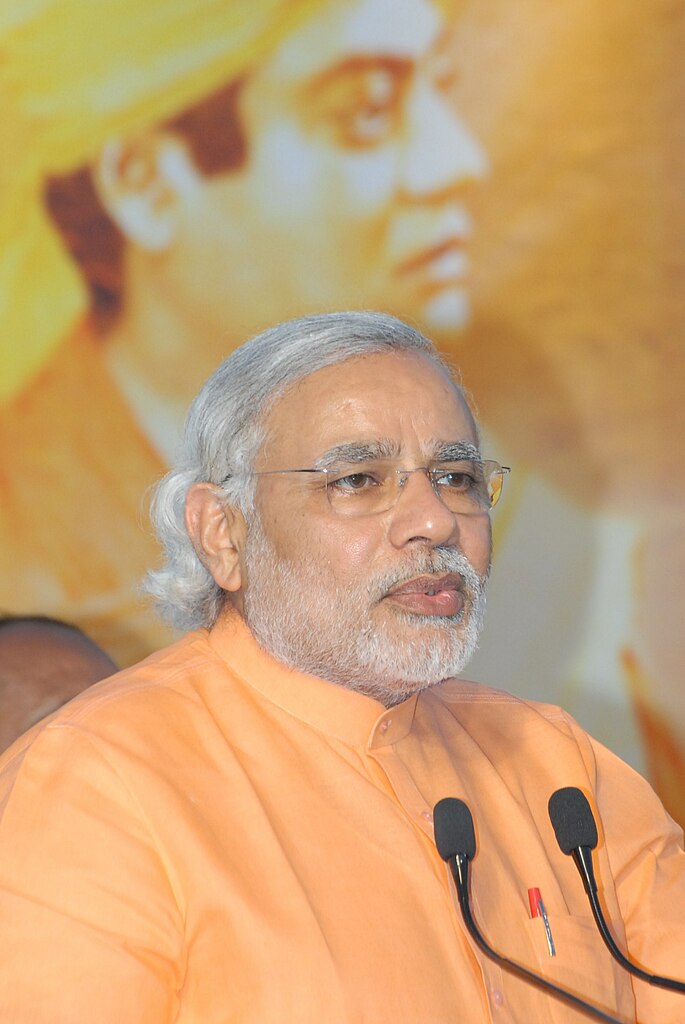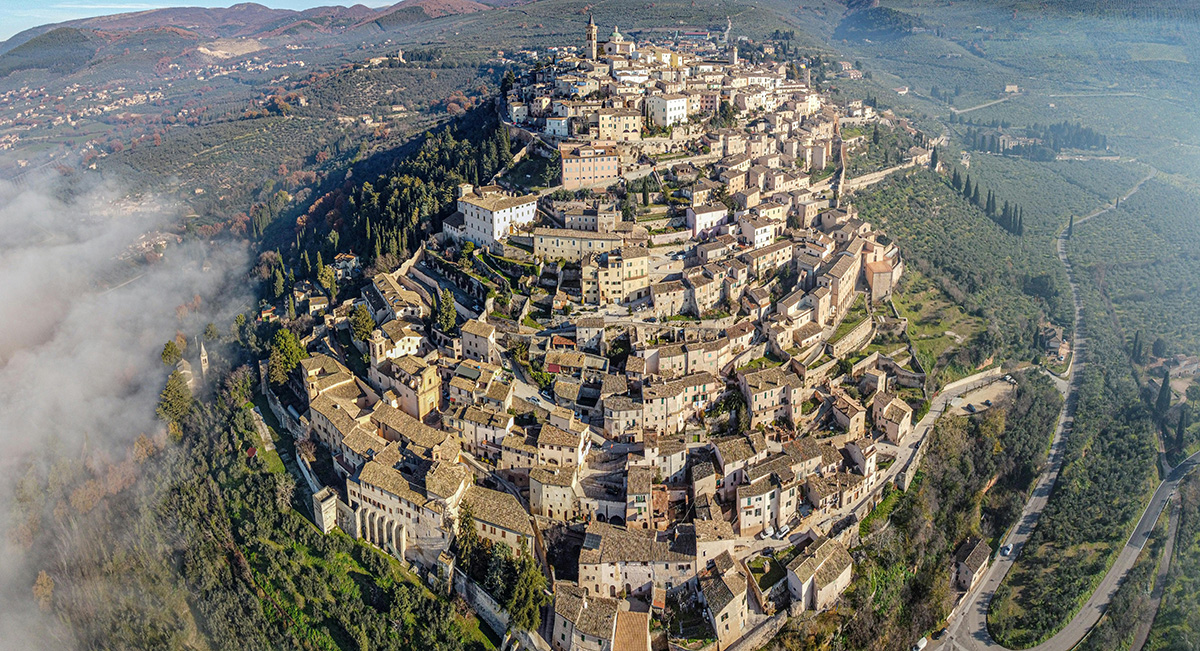Micro States Struggle for Survival in Multipolar World
Small Is Beautiful and Dangerous
Book reviewed
- The Small States Club: How Small Smart Countries Can Save the World by Armin Sarkissian
- Hurst 2024
- ISBN 978-1-7873-8940-3
- 272 pp
In a dog-eat-dog world, small states are often seen as mere appetisers. Even mid-sized ones, such as Ukraine, may feature on the menu of larger neighbours.
Armen Sarkissian, a former prime minister and president of Armenia and a theoretical physicist of considerable standing, has a vested interest in the well being of smaller countries. He argues that nations such as his own have been treated as ‘disposable’ throughout much of history or, at best, as an appendix to larger sovereign entities in the vicinity.
Mr Sarkissian penned a fascinating book in which he examines the fate of small states, defined for convenience’s sake as countries with a territory smaller than Portugal’s and a population of less than 15 million. Though these parameters are quite arbitrary, they convey the idea.
In The Small States Club: How Small Smart Countries Can Save the World, the author embarks on a whistle stop tour of such countries, including his own, to find out how they survive and, quite often, manage to prosper. Though their voice is mostly drowned in the shouting match between super states, small countries are not entirely without agency. They manage to slip, mostly unnoticed, into the cracks opened by rivalries between major powers and leverage their vote at the United Nations. Moreover, small states seldom suffer from the domestic divisions, and the attendant political polarisation, that plague much bigger countries.
Micro States Emerge
Mr Sarkissian’s book is most opportune in that it doesn’t treat the minnows as mere exotic locales to be displayed in a cabinet of curiosities. Small states are a relatively recent appearance on the world stage. At the time of its founding in 1945, the United Nations counted only two small states amongst its members: Luxemburg and Iceland.
At present, the UN boasts no less than 41 micro states with a million or less inhabitants. Mr Sarkissian ascribes the emergence of micro states to the postwar establishment of multilateral institutions which elevated sovereignty to a leitmotiv of diplomatic intercourse and shaped a global framework that discouraged interstate aggression and promoted cooperation.
However, Mr Sarkissian cautions that the survival of small countries cannot be taken for granted. He points to the increasingly multipolar world and its marked disregard for the norms and mores that ruled the postwar world and are now ‘being torpedoed’ by political, geopolitical, social, and technological changes arriving hard and fast.
However, Mr Sarkissian does not see much cause for raising the alarm. In his book, he explores at length the progress made by Botswana, Estonia, Israel, Jordan, Ireland, Qatar, Switzerland, Singapore, the United Arab Emirates, and, of course, Armenia. These countries have all succeeded in outperforming their regional peers by leveraging their location, cultivating local talent, introducing sensible legislation, and deploying ingenuity.
Mr Sarkissian also emphasises the moral weight micro states can add to global affairs. Whereas larger states seek to dominate, smaller ones instinctively realise that their continued existence depends on the stability afforded by an international system based on rules and cooperation. This, in fact, led to the creation of institutions such as the United Nations, the European Union, and NATO. In the wake of World War II, many smaller and mid-sized states, including those that possessed global empires, recognised that they would not be able survive a clash with, or between, superpowers. For most, going it alone was simply not an option.
Unintended Consequences
The inevitable outcome of the institution of a rules-based international order was the imposition of self-determination as a foundational principle and the start of the decolonisation process that duly followed. This, in turn, saw the remaining great powers, i.e. the United States and the Soviet Union, jockeying for clients amongst the newly-formed states, often waging war by proxy.
Mr Sarkissian advocates for the creation of a ‘Small States Club’ to advance their interests, insist on a return to the peaceful conduct of international relations, and temper the warmongers. The idea for such a club, whilst not without merit, shows the author’s more romantic, if not dreamy, side. The examples cited by Mr Sarkissian to proof the viability of small states, leave out those that failed, miserably or otherwise, whilst struggling in vain to overcome their limitations.
Africa and Asia are littered with small countries going nowhere anytime soon – or ever. Most do not even figure on the radar of bigger states, apart, perhaps, from China showering them with dubious gifts such as outsized football stadiums, roads to nowhere, grand public buildings, and other monuments to local incompetence.
The small states that overcame the odds and succeeded where larger ones failed, have been invariably aligned with Western powers, gaining privileged access to their markets and institutions. There is a reason why small states are clamouring to get inside the European Union: it is a ticket to their very survival. There is also a reason why the remaining overseas dependencies of EU member states refuse top opt for independence: it undermines their very survival.
Crushed by a Neighbour
Mr Sarkissian’s own Armenia, which he served as president from 2018 to 2022, hasn’t fared all that well given that the country lost the territory of Nagorno-Karabakh to its neighbour Azerbaijan after it failed to consolidate the 1994 ceasefire agreement and did not manage to break its diplomatic isolation. However, earlier this year the European Parliament confirmed that Armenia meets the Article 49 requirements and is, indeed, a European country and as such eligible to apply for EU membership.
The country is negotiating an Association Agreement with the bloc, including a Deep and Comprehensive Trade Area deal to replace existing Partnership and Cooperation Agreement. Minister of Foreign Affairs Ararat Mirzoyan said that his country will likely apply for EU membership in the near future.

As great power rivalry heats up and the forces of globalisation beat a retreat, powers big, small, and tiny are affected by the deconstruction of the familiar international order, the inability of the multipolar world to impose clear norms, and the increasing reliance on war as a “pursuit of politics by other means,” to paraphrase Von Clausewitz.
Today’s world is awash wish self-aggrandising leaders who seek to impose their version of ‘civilisation’ on lesser states. China’s Xi Jinping envisions a new world order centred on Beijing and populated by obedient minions, India’s Narendra Modi proclaims himself, rather preposterously, ‘Vishwa Guru’ (Teacher of the World), and the Americans cling to their ‘City on the Hill’ self-image, a New Jerusalem as the shining beacon of freedom whilst in the process of propelling a convicted felon into the White House.
Meanwhile, as technology advances and the world becomes a virtual, albeit much-fractured, village where nothing goes unnoticed and gossip swirls, the Westphalian principle of states enjoying absolute sovereignty over their land, borders, and people is being undermined. For decades on end, that dilution of Westphalian sovereignty caused nations to seek cooperation, dialogue, and compromise. Now we may, perhaps agree with Professor Charles Maier, the historian, who surmised that empires never quite vanish; “they just shift shapes.” Micro states, however, do not possess that faculty.
Cover photo: The actual City on the Hill, San Marino: the micro state that could.
- © 2020 Photo San Marino by Jonathan Emili
- © 2012 Photo Narendra Mori by Mayur Bhatt


